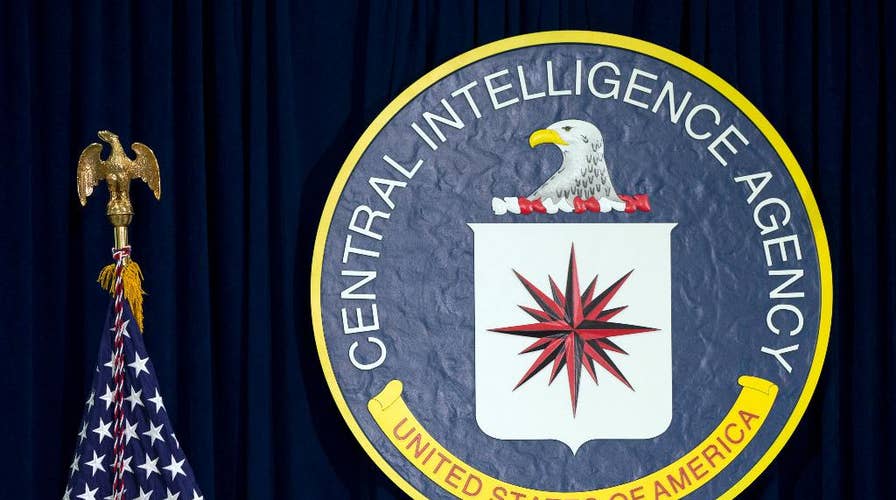Fox News Flash top headlines for July 16
Fox News Flash top headlines are here. Check out what's clicking on Foxnews.com.
The Central Intelligence Agency, using new powers, carried out aggressive covert cyber operations against countries including Iran, North Korea, China and Russia, a new report says.
The operations came after President Trump gave the CIA “sweeping authorization” in 2018 by signing a "presidential finding," according to Yahoo News, citing U.S. officials with knowledge of the matter.
With a presidential finding, the president authorizes covert action necessary to support “identifiable foreign policy objectives" that are deemed "important to the national security of the United States,” according to a U.S. government document.
IRS WARNS ABOUT TAX SCAMS AHEAD OF JULY 15 DEADLINE
The authorization undoes “many restrictions that had been in place under prior administrations,” and gives the CIA more leeway in authorizing its own covert cyber operations, the Yahoo News report said.
Countries mentioned as possible targets include Russia, China, Iran and North Korea. “The White House wanted a vehicle to strike back. And this was the way to do it,” the report added, quoting a former U.S. government official.
The new powers gave the CIA more latitude to “damage adversaries’ critical infrastructure, such as petrochemical plants, and to engage in the kind of hack-and-dump operations that Russian hackers and WikiLeaks popularized,” the report explained.
The hack-and-dump tactic involves leaking stolen documents or data to journalists or posting it on the Internet.
Initially, the Obama administration considered retaliating against Russian interference in the 2016 U.S. presidential election by using hack-and-dump but, in the end, the CIA was told to “stand down,” the report stated.
John Bolton’s appointment as the National Security Adviser in the Trump administration changed that, Yahoo News reported, citing a passage in Bolton’s memoir, “The Room Where It Happened.”
AS FTC ISSUES FRESH WARNING, HERE ARE 5 COVID-19 SCAMS TO BE AWARE OF
In September 2018, the White House announced a new national cybersecurity strategy to bolster the government’s defenses against foreign adversaries.
While cyber-defense was central to the strategy, Bolton also called for a better offense. “We’re going to do a lot of things offensively and I think our adversaries need to know that,” John Bolton told reporters at the time, according to Cyberscoop.
“We will identify, counter, disrupt, degrade, and deter behavior in cyberspace that is destabilizing and contrary to national interests, while preserving the United States’ overmatch in and through cyberspace,” Bolton added.
Another change that came with the presidential finding was the lowering of the bar for “evidentiary requirements,” thereby expanding the CIA’s ability to conduct covert cyber operations against “media organizations, charities, religious institutions or businesses believed to be working on behalf of adversaries’ foreign intelligence services,” the report added.









































